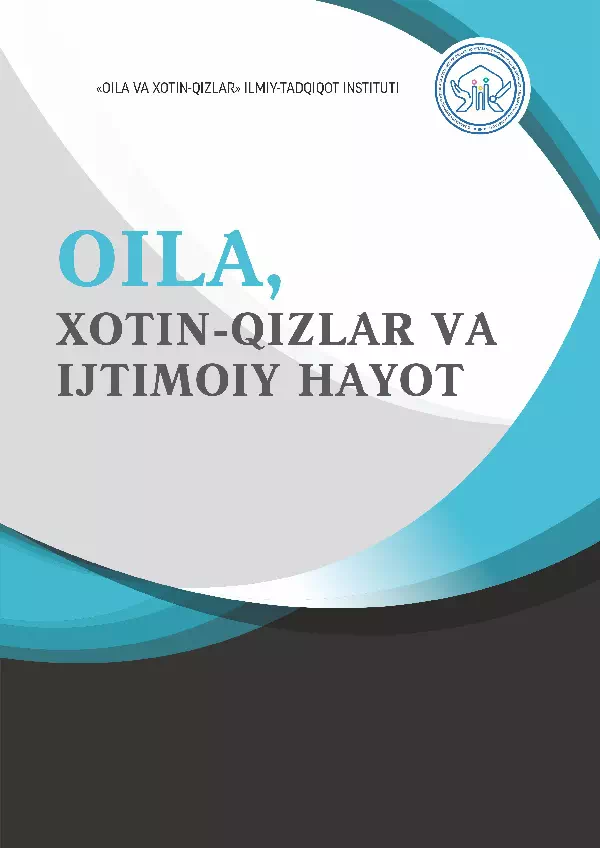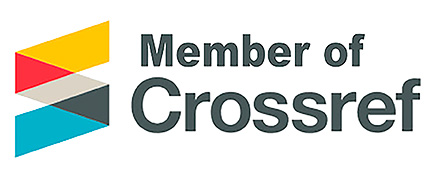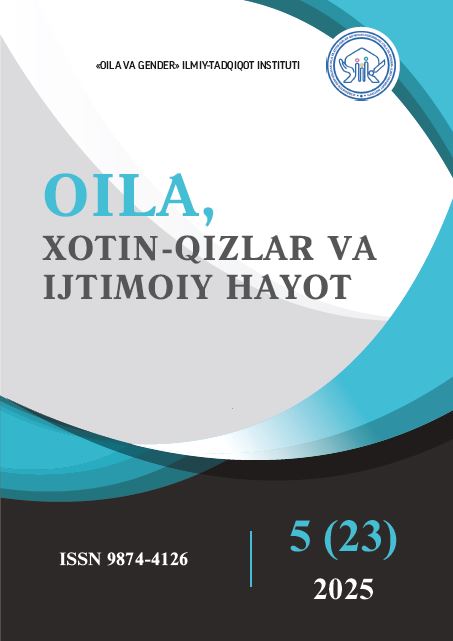Tahririy kengash Tahrir hay’ati Maqolalarga talablar Maqolani yuborish Materialni tezda yuborish
Oila, xotin-qizlar va ijtimoiy hayot elektron ilmiy jurnali

Jurnal mahalla va oila institutlarini mustahkamlash hamda gender tengligiga oid barcha ijtimoiy masalalar sohasida fanlararo fundamental, ilmiy-amaliy tadqiqotlar va innovatsion g‘oyalarni tatbiq etishga ixtisoslashgan nashrdir.
ISSN:
















